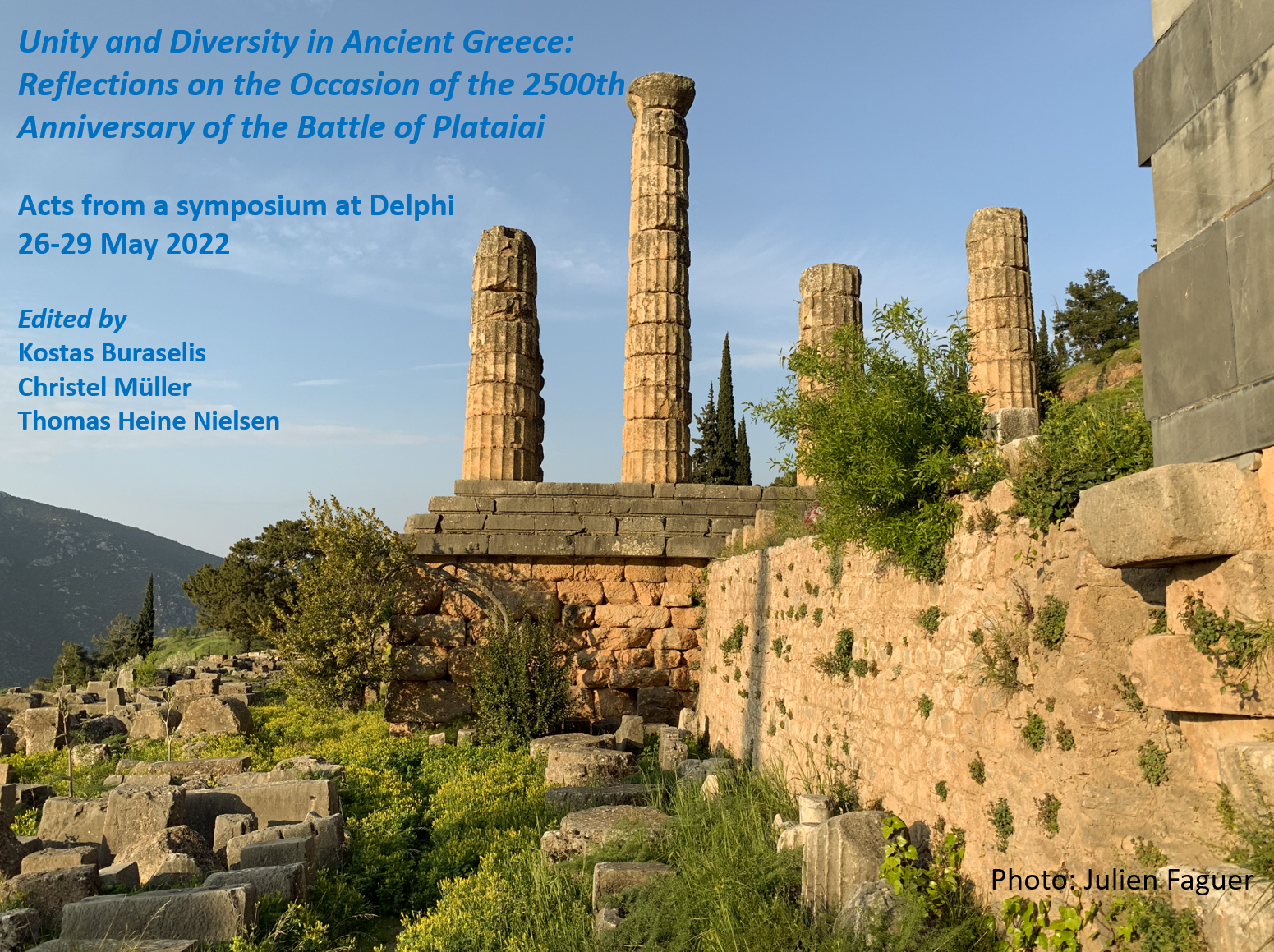Unity and Diversity in Ancient Greek Law
DOI:
https://doi.org/10.7146/classicaetmediaevalia.vi1.145232Abstract
In the twentieth century there were several works that assumed the essential unity of Greek Law: Griechisches Bürgschaftsrecht by J. Partsch, Griechisches Privatrecht auf rechtsvergleichender Grundlage by E. Weiss, and The Greek Law of Sale by F. Pringsheim. In a review of Pringsheim’s book, and in an essay on the topic, however, M.I. Finley challenged the notion of the unity of Greek Law. Finley observed that the Greek world was divided into hundreds of different city-states, each with its own political institutions, laws, and legal procedures. According to Finley, there was just too much diversity in the laws of the Greek city-states to justify any discussion of ‘Ancient Greek Law’ as a unified body of statutes and legal concepts. He did however allow that there might have been some unity in commercial law. More recently, M. Gagarin has claimed in the Cambridge Companion to Ancient Greek Law that there was unity in the laws of the Greek poleis in respect to procedure but not in respect to substantive provisions. This essay revisits this issue and shows that there was a considerable amount of unity in the laws of the Greek poleis in substantive and constitutional matters. The article examines several areas of unity: marriage law, contracts, real security, the status of freed persons, the accountability of officials, and the relationship between Council and Assembly. It will also examine the unity of Greek law in regard to legal terminology. On the other hand, it will show that there was considerable diversity in legal procedures, which often varied according to the political constitution of a state.
Downloads
Published
How to Cite
Issue
Section
License

This work is licensed under a Creative Commons Attribution 3.0 Unported License.
Authors who publish with this journal agree to the following terms:
- Authors retain copyright and grant the journal right of first publication with the work simultaneously licensed under a Creative Commons Attribution License that allows others to share the work with an acknowledgement of the work's authorship and initial publication in this journal.
- Authors are able to enter into separate, additional contractual arrangements for the non-exclusive distribution of the journal's published version of the work (e.g., post it to an institutional repository or publish it in a book), with an acknowledgement of its initial publication in this journal.
- Authors are permitted and encouraged to post their work online (e.g., in institutional repositories or on their website) prior to and during the submission process, as it can lead to productive exchanges, as well as earlier and greater citation of published work (see The Effect of Open Access).





